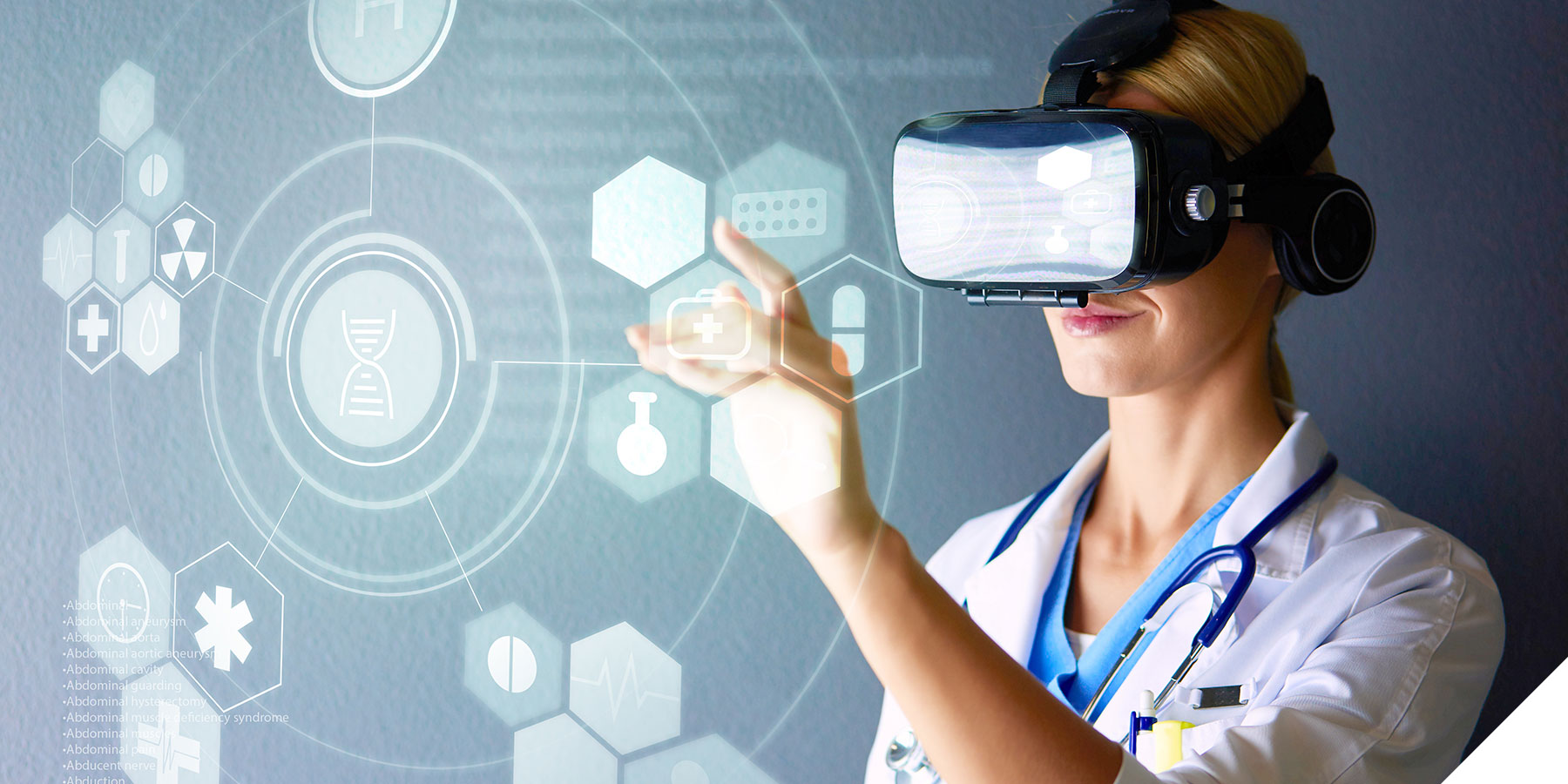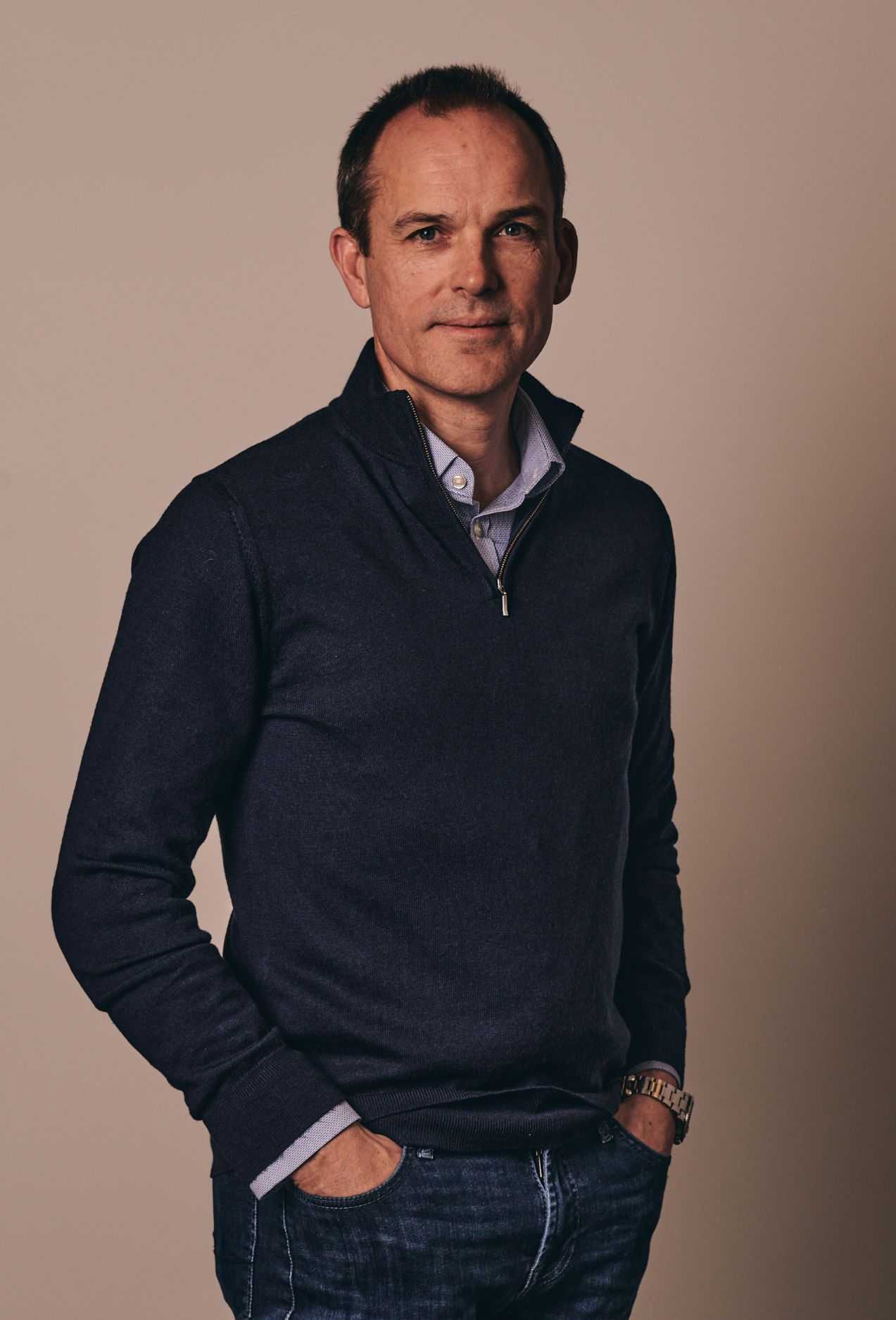Fundamental VR
the future of surgical medicine

“The human and financial cost of not having the right surgeon, with the right skills, in the right place at the right time is immense. And we can fix that”
Sharing skills and developing training techniques are crucial to ensure medical knowledge continues to expand and evolve. By combining haptic feedback with virtual reality, Fundamental VR’s platform Fundamental Surgery, allows teachers and students to collaborate in a virtual space with no physical barriers and in total safety.
“It was a knee, I remember the moment exactly,” Fundamental VR co-founder and CEO, Richard Vincent, remembers his then nascent company’s ‘Eureka’ moment like it was yesterday.
Fundamental Surgery® is a platform developed by company Fundamental VR that creates a virtual reality environment allowing surgeons to see a ‘patient’ in 3D and, crucially, via haptic-feedback sensors touch and interact with that subject.“That was the moment we went ‘wow’. We’re in a virtual environment but we can truly touch a patient and genuinely interact with them, and experience what surgery actually ‘feels’ like in a practical and tactile way. We’ve had quite the journey, from three people with an idea, to a big, hugely talented team in offices both here in London and in the US. But that will always be the stand-out moment where the idea really became a reality.” ‘Pioneering the concept enabling surgeons and students to train and collaborate in a virtual environment, Fundamental VR’s proprietary platform, Fundamental Surgery®, was seen as an intriguing idea at first until the pandemic made it a necessity to how people thought about the future of surgery.
“The global health-crisis really brought into focus what we were trying to achieve. Our platform allows surgeons anywhere in the world to come together and practice, repeat and rehearse surgical procedures without ever touching a human being; to interact with a virtual patient to develop surgical skills in a safe, repeatable and low-cost way. So, when the pandemic meant that these kind of skills had to be shared remotely, it meant another key aspect of Fundamental Surgery®: that there’s no need to be in the same physical space with another person. It really underlined why this technology will become so crucial in the future. A few years ago this was an exciting idea. Now it’s a necessity.
“Further to that, we’ve been really lucky to partner with some fantastic organisations like the NHS, as well as major players from the medical device and pharmaceutical spaces to calibrate and refine the platform. This enabled us to achieve accreditation with the Royal College of Surgeons which demonstrates the platform’s efficacy and shows that what happens in the virtual space really does reflect what happens in a surgical theatre.
“So, we’ve developed as a company and now the opportunities in front of us are incredibly exciting because ultimately, the human and financial cost of not having the right surgeon with the right skills, in the right place at the right time is immense. We can fix that.”
“Of course, it’s not been a totally smooth journey. There are no ‘straight lines’ when creating a start-up. Certainly having great advisers is key, so partnering with Tern has allowed us to have access to some great skills, and great people who, importantly, have undertaken that journey before. They understand some of the pitfalls you encounter, which in turn helps you identify them before you get to them and that has allowed us to move forward with a great deal of confidence
“In Fundamental Surgery®, we believe we have the future of surgical training in our hands. It’s the ability to put people into different locations; to rehearse, to deploy, to train surgical skills in a way that has just not been possible before. And it’s here. And it’s real. It’s an incredibly exciting time.”
www.fundamentalvr.com









